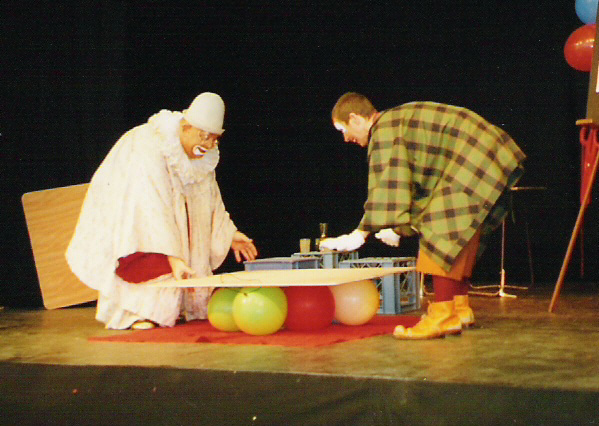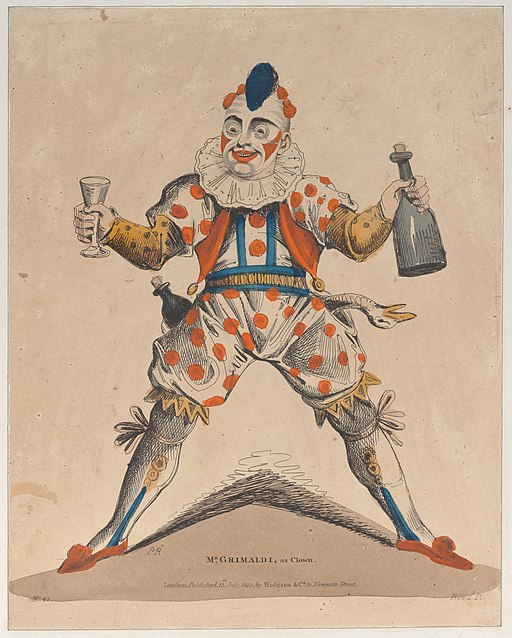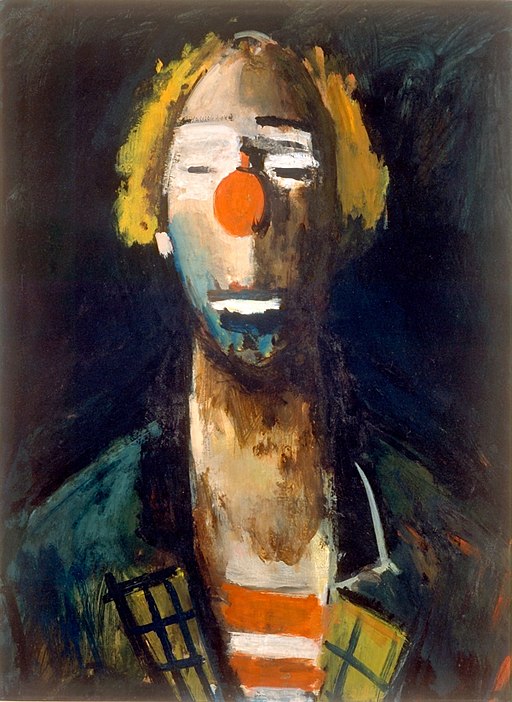Modern Jesters: Clowns as Agents of Transformation



Clowning
There has always been a place for the clown in society. Across the world and across time, the clown, in their many guises has sat in the court of kings, parodied priests and played with peasants. In all these contexts, whilst appearing to subvert, invert and disrupt, the clown has in fact been acting as ‘wise fool’. Their actions serve to guide us and warns us away from our greatest excesses and errors of conceit and complacency.
Statement of the Problem
Decision-making or strategic planning environments can often reinforce hierarchies and exacerbate organisational divisions. This can lead to conformity, consensus-seeking, organisational inertia and groupthink. Individuals and organisations can become ‘stuck’ in ways of working and modes of operation resulting in poor decision-making and constraints on reflection on established practices and accepted wisdom.
Clowning at Work
It is clear that clowning has far more to contribute, beyond the limited view as only childish entertainment. Modern day clowning follows an ancient tradition, with principles and beliefs passed on through generations of proponents of the profession. Throughout these principles, themes of inversion, improvisation, experimentation, play and challenge recur. These same ideas have a place in the modern business environment, if not as everyday practice but perhaps as underlying theme or leitmotif.